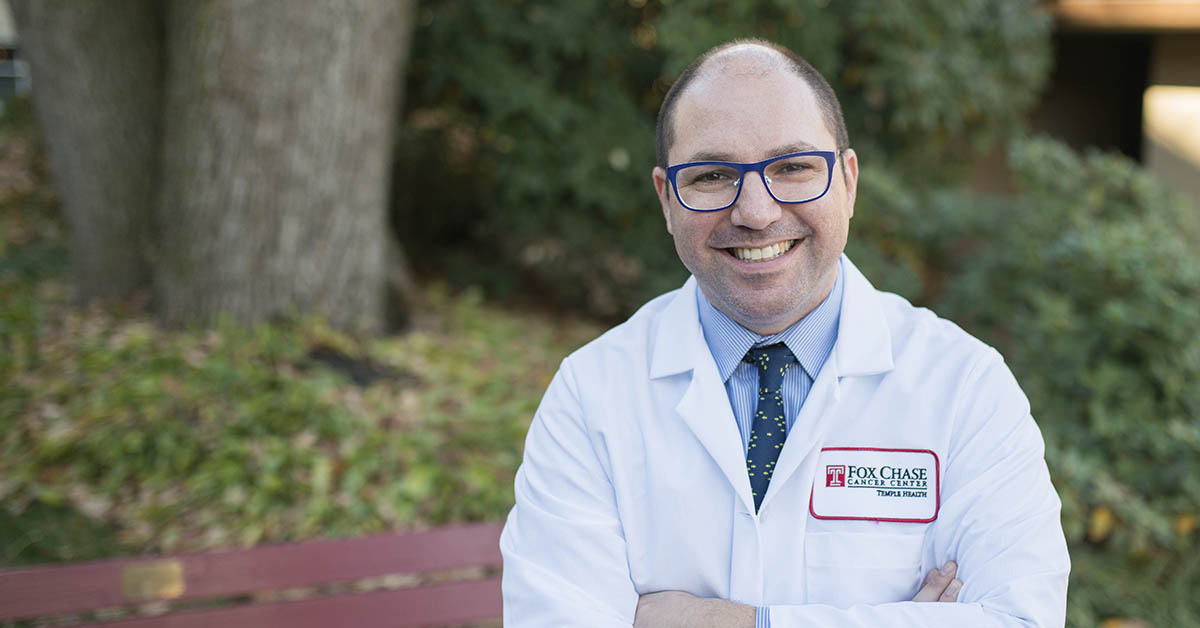
PHILADELPHIA (February 5, 2021)—Researchers at Fox Chase Cancer Center have found that patients with signet-ring cell gastric carcinoma (SRGC) and non-signet-ring cell gastric carcinoma (NSRGC), two variants of stomach cancer, have better overall survival when they are treated at academic centers compared to community centers.
“I think part of the reason why we see these findings at academic centers is improved standardization of care and volume of experience,” said Maitham Moslim, MD, a Surgical Oncology Fellow at Fox Chase and the lead author of the study.
According to study results, academic centers performed an average of 22 gastric cancer surgeries per year, whereas community centers performed an average of only two.
“As many studies have previously shown, the more procedures performed, the better the outcomes are,” added Jeffrey M. Farma, MD, FACS, chief of General Surgery at Fox Chase, who oversaw the study.
Gastric adenocarcinoma, or stomach cancer, is the fifth most common cancer and the third leading cause of cancer mortality worldwide. However, most studies of this cancer are based on Eastern populations, where stomach cancer is more prevalent. Due to differences in diet and other environmental factors, findings from these studies cannot necessarily be extended to Western populations, which was an impetus behind conducting this research.
By examining nearly 23,000 patient records from the National Cancer Database, Moslim, Farma, and other Fox Chase researchers compared the overall survival of SRGC and NSRGC patients by cancer stage (1, 2, and 3) and what type of center the patient was treated at.
Their findings showed that patients with stage 1 or 3 NSRGC and stage 2 SRGC had better overall survival when they were treated at academic centers. There was better survival regardless of stage or cancer variant (SRGC versus NSRGC).
“We consider this the first study based on a large-scale database in the Western population,” said Moslim.
The paper, “Treatment at an Academic Cancer Center Confers Better Survival by Stage for Signet-Ring Cell and Non-signet-Ring Cell Gastric Cancer,” was published in Annals of Surgical Oncology.